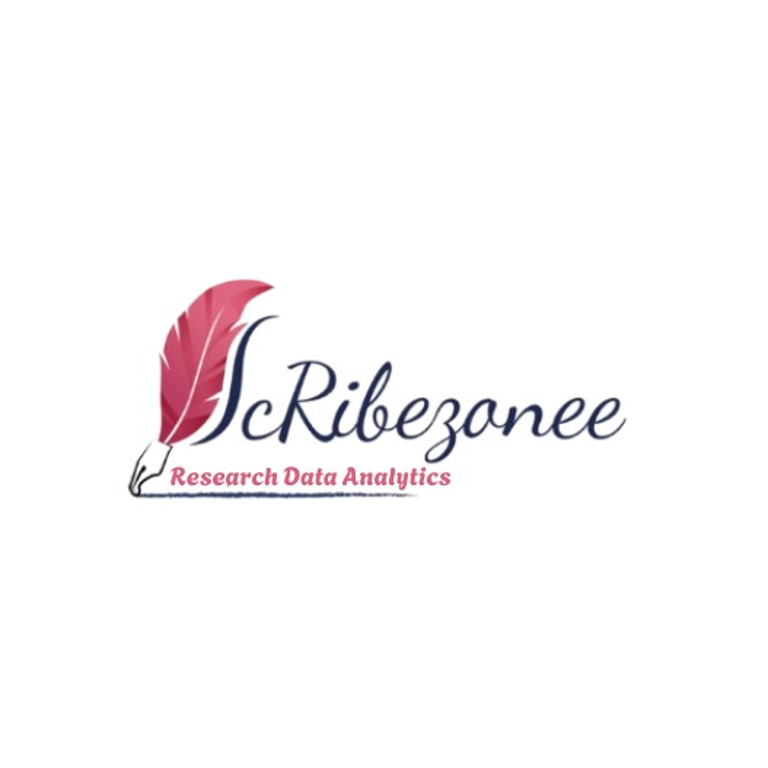
Can Artificial Intelligence (AI) Be Used to Edit Manuscripts? Tips For Avoiding Potential Problems
ScRibezonee
8/14/20242 min read


These days, practically every business is being subtly impacted by generative artificial intelligence, or AI. This includes academic writing and scientific research. Though AI-based editors can help authors rephrase sentences and spot grammatical errors, it doesn’t mean that entire dependence on AI for academic writing is advisable. Review by humans is still necessary (Chen, 2023).
In order to prevent many typical problems, authors utilising AI to support academic writing should closely monitor aspects like accuracy in expression, contextual analysis, cultural sensitivity, and academic ethics.
Now, let's look at three important considerations for academic writing while utilising AI-based editors!
1. Interpreting written information with depth and context analysis
Comprehensive understanding of the topic, including current developments in the field, is necessary while writing an academic paper. This background information is also necessary for editing; otherwise, an editor might alter the paper's intended meaning.
It takes native-level English fluency and extensive academic writing expertise to reflect the writer's original purpose. It could be accomplished by a skilled human editor who has a solid grasp of context. On the other hand, such data might not be used to train an AI editor. Diverse data, rather than subject-specific knowledge, is typically used to train AI. A further factor to take into account is that a well-written publication accurately explains research findings without exaggerating or understating them.
2. Preserving the content's sensitivity
Big data is the foundation on which AI learns. However, all of its training data is not reviewed and hence, may have biassed or improper expressions in material addressing gender, ethnicity, culture, etc. These prejudices might be mirrored by editors powered by AI. AI-edited work still requires rigorous manual review and screening to prevent distortion in cultural and other elements, therefore avoiding such errors is still necessary (Singh, 2022).
3. Disclosing information and upholding rigorous academic standards
Recently, some well-known news networks have produced AI-powered pieces that have been accused of plagiarism. In academics, plagiarism is an even more severe issue. When utilising AI for difficult academic writing, prudence is more crucial. For any manuscript, novelty is essential. Most publications reject manuscripts with cliched themes or poorly written language without delay. AI-based editors, however, might not be able to detect every case of plagiarism or copyright violation in text at this time, which could lead to mistakes or misleading content (Thorp, 2023).
It is important for authors to be aware that unpublished papers uploaded for AI editing may end up in the dataset that is used to refine the AI model. Therefore, before utilising AI for translation or manuscript correction, careful thought is required.
Aside from content control, authors utilising AI in academic writing should be clearly and accurately declared. Manuscripts edited by AI require human verification because AI is not accountable for mistakes.
In recent years, AI-assisted technology has evolved and expanded its range of uses. However, the use of AI-based editing in academic publications still necessitates the author's thorough assessment and judgement.
Editing is an exquisite art. With expertise in more than 25 fields, the editing team at ScRibeZonee Language Services polishes your work to meet the high standards of prestigious publications. Your chances of being published can be improved by our outstanding work.
References
Chen, B. X. (2023). A.I. bots can’t report this column. but they can improve it. The New York Times, https://www.nytimes.com/2023/02/01/technology/personaltech/chatgpt-ai-bots-editing.html
Singh, S. (2022). What you need to know about artificial intelligence in research and publishing. Editage Insights, https://www.editage.com/insights/what-you-need-to-know-about-artificial-intelligence-in-research-and-publishing
Thorp, H.H. (2023). ChatGPT is fun, but not an author. Science, 379(6630). https://doi.org/10.1126/science.adg7879.

